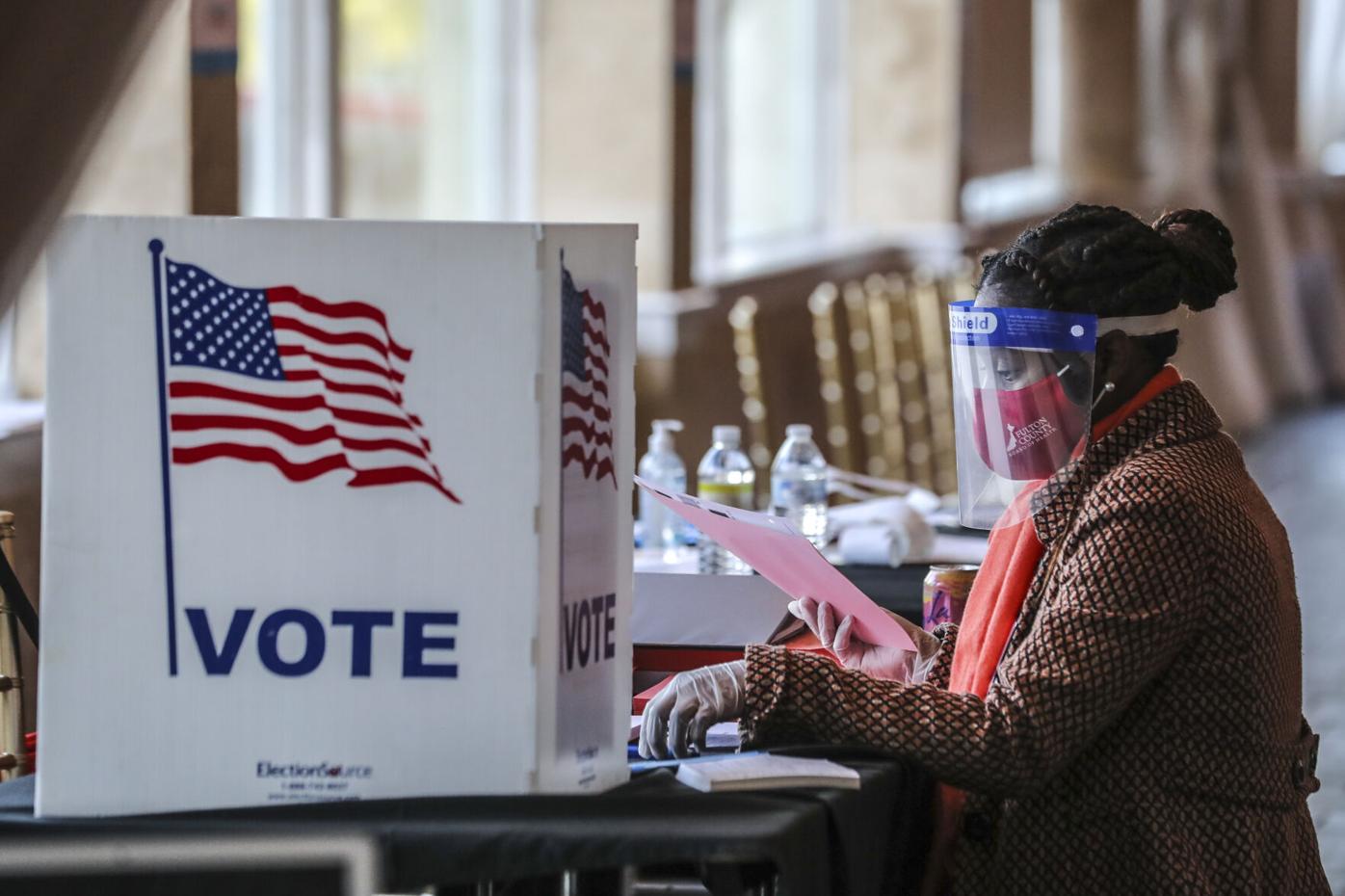Article written by Alex-AADM Advocacy and Journalism Team
The Athens Anti-Discrimination Movement (AADM) has recently received several complaints from a group of Black women in Athens who are battling sickle cell anemia. These women report troubling experiences at local hospitals in Athens, Georgia, alleging that a doctor has denied them essential treatment, downplayed the seriousness of their condition, and wrongfully implied that they are seeking drugs rather than medical care. The women attribute this treatment to racial bias, raising urgent concerns about systemic inequities in healthcare.
Whenever someone falls very ill or is injured, the first action they take is going to a hospital. After all, the hospital is where medical experts can treat someone for any condition. While there, everyone should receive equal treatment for their medical problems by those experts, but the unfortunate reality is that equality is not always upheld in healthcare.
Racial disparities in healthcare have been prevalent in the US since the country’s inception. Physicians are more likely to underestimate the pain of a Black patient compared to a nonblack patient.
From Staton, Lisa J et al. “When race matters: disagreement in pain perception between patients and their physicians in primary care.” Journal of the National Medical Association vol. 99,5 (2007): 532-8.
As we can see, there is a 42% increase in underestimation of Black patients’ pain compared to nonblack patients, which can cause a decrease in prescription of pain medicine and adequate treatment. Even when controlling other variables such as age, gender, socioeconomic status, and more, the disparity between Black and nonblack patients remains according to Staton et al. in their 2007 study investigating pain perception between patients and physicians in primary care settings.
Pain management is the primary goal of chronic disease treatment, so if a physician is to underestimate a Black patient’s pain, then that patient will suffer more despite the patient expressing the extreme pain they may be experiencing. This is especially troubling when considering the treatment of Sickle Cell Disease (SCD), a genetic disorder that is common in the Black community. According to the CDC, of the approximately 100,000 people in the United States affected by SCD, 90% are Black. Individuals afflicted with SCD deal with chronic pain on a daily basis. With such a disproportionate prevalence, are Black patients with SCD receiving adequate treatment and pain management for this disease?
A group of Black women in Athens, suffering from sickle cell anemia, report that a doctor at Piedmont Hospital has repeatedly denied them necessary treatment, downplayed the severity of their condition, and insinuated they were seeking drugs rather than medical care. Some have also shared similar experiences at St. Mary’s Hospital. The women believe these incidents are rooted in racial bias.
Not only are Black patients more likely to not be trusted regarding their pain perception, Black women are more disproportionately affected in terms of healthcare disparities, with Black women being 2.5 times more likely to die from pregnancy-related causes according to the CDC. This can be attributed to how doctors assess a Black woman’s pain, which the National Institutes of Health corroborates in a 2019 study by Mende-Siedlecki et al. revealing that White physicians were less likely to be able to identify painful expressions on Black faces compared to white faces.
Given this, these allegations come as no surprise, and it is imperative that these women, and anyone else experiencing healthcare discrimination, know their rights. No one should be denied medical care or given inadequate treatment simply because a physician is unable to recognize a patient’s pain, or believe a patient’s reports of pain. These rights include:
The Civil Rights Act of 1964, Title VI prohibits discrimination based on race, color, or national origin in any program or activity receiving federal financial assistance, which includes most healthcare facilities.
The Americans with Disabilities Act (ADA) ensures that individuals with disabilities, which includes chronic illnesses like SCD, receive equal access to healthcare services without discrimination.
The Patient Bill of Rights varies by state and institution, but generally outlines patients’ rights to respectful, non-discriminatory care, informed consent, and the ability to file complaints.
And finally, the Centers for Medicare & Medicaid Services (CMS) Protections have anti-discrimination requirements for facilities that participate in Medicare and Medicaid, including the right to access needed care without bias.
More investigation is necessary to assess the allegations of healthcare discrimination at our local hospitals. Since precedents in other medical contexts and regions already exist, these allegations deserve a full and thorough investigation to ensure the equal treatment of every patient, regardless of race and background.
These women urgently need community support to ensure fair and equal access to their medical treatment.
If you or someone you know has faced similar experiences or to show your support, please complete the form below:
For media interviews or more information contact Mrs. Diane Greene “Patient Advocate”, at mrsdiannegreene@yahoo.com.




